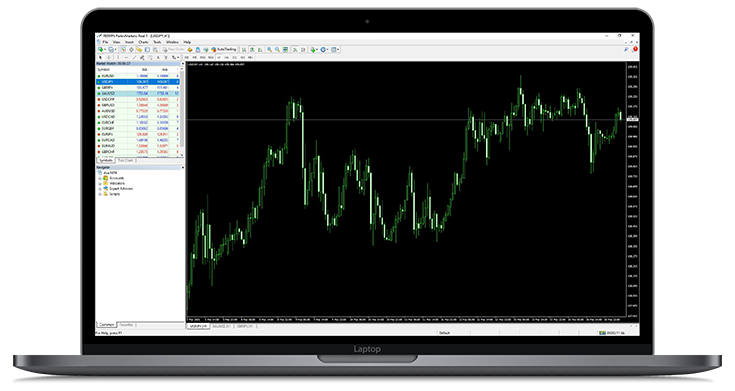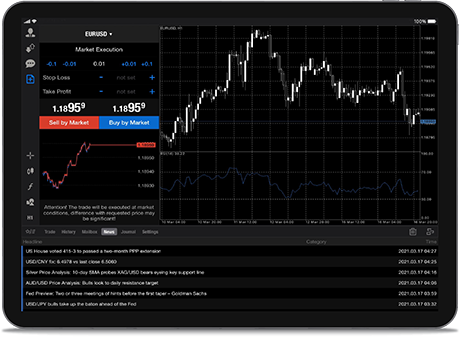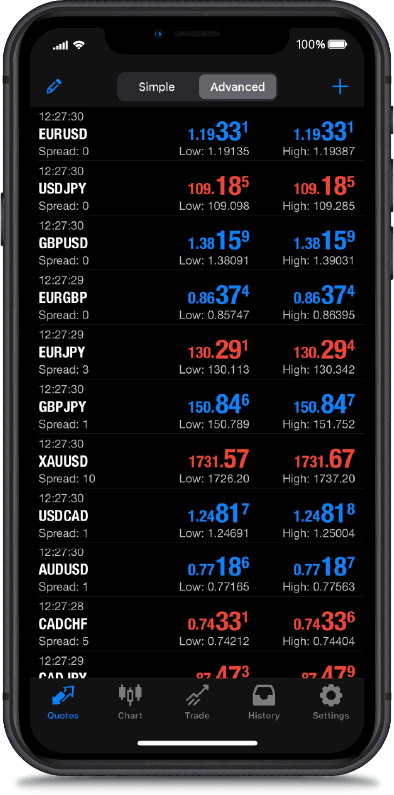The GENIUS Act has been signed into US law after successfully passing through both Houses of Congress. The bill has been widely celebrated by the crypto community, not only because it is the first piece of cryptocurrency legislation to be enacted into US law, but also because it shows the willingness of the current administration to encourage future developments in the nascent industry. GENIUS stands for “Guiding and Establishing National Innovation for U.S. Stablecoins” and stablecoins are indeed the focus of this piece of legislation. So what does the bill entail?
What is a stablecoin?
A stablecoin is a cryptocurrency that is pegged to the value of a fiat currency, such as the US Dollar. As with all cryptocurrencies, stablecoins rely on blockchain technology in order to be sent and received around the world. Unlike other cryptocurrencies however, stablecoins do not change in value. The most widely used stablecoin is Tether (USDT), which makes up around 70% of the total stablecoin market. Tether has been around since 2014, which makes it one of the oldest cryptocurrencies still in widespread use. Circle’s USDC is another common example. In theory, one USDT is always equal to and redeemable for one USD, although during times of extremely high volatility and unusual market conditions, the gap between the two can widen for brief periods of time.
Stablecoins are useful for traders who need a break from the volatility commonly found in crypto markets. Just as traditional markets often trade between various assets and the USD, crypto markets will typically trade between various cryptocurrencies and a synthetic Dollar such as USDT. This allows traders to book profits without having to revert back to fiat after every trade. Increasingly, stablecoins are also being considered for payments and cross-border settlement.
Legal grey area
One of the main problems of stablecoins, particularly Tether, is that for the past ten years they have existed in a very murky legal grey area. The legal status of such financial instruments, as well as the bodies responsible for issuing them, have long cast a shadow over the crypto industry. “Tether FUD” has been a recurring feature over the years and developers and investors alike have never been sure about the precise legal standing, nor the trustworthiness, of stablecoins.
The point about legal uncertainty is by no means exclusive to stablecoins. The entire crypto industry has suffered a great deal in recent years because of the lack of clarity from financial agencies such as the SEC. Developers have been begging for guidance for a long time, only to receive contradictory advice and punitive measures in return. Ongoing developments, including but not limited to the GENIUS Act, are a genuine breath of fresh air in this regard. The first thing the GENIUS Act does is to give a proper definition of the term “payment stablecoin”, illustrating just how far behind the regulation side of crypto is.
Who can issue stablecoins?
The GENIUS Act makes it unlawful for anyone other than a permitted entity to issue stablecoins in the US. These permitted entities are grouped into three categories:
● Subsidiaries of an insured depository institution (i.e. federally insured bank or savings association)
● Federal qualified payment stablecoin issuers (nonbank entities, uninsured banks, branches of foreign banks, all subject to federal approval)
● State qualified payment stablecoin issuers (subject to state approval)
Put bluntly, no one can issue stablecoins without the express approval of the federal or state government. Any party found in violation of the above faces fines of $1,000,000 per violation and up to five years imprisonment.
Reserve requirements
Stablecoin issuers are required to maintain full reserve backing. This means that every synthetic Dollar issued has to be backed up by an equivalent real-world Dollar. Permitted reserves include:
● US currency
● Deposits held at insured banks
● US Treasury bills, notes or bonds maturing in 93 days or less
● Overnight repurchase and reverse repurchase agreements
● Funds containing the above
● Tokenised forms of the above
Stablecoin issuers must publish monthly reports detailing the quantity of outstanding stablecoins and the amount and composition of the reserves backing them up. Furthermore, issuers are forbidden from engaging in rehypothecation, meaning they are not allowed to use assets if they are already being used by their clients as collateral.
The full reserve requirement is all the more interesting because regular bank deposits do not benefit from such protection. As of 2020, US banks are under no obligation whatsoever to hold any reserves to back up their customers’ deposits.
Customer protection
The GENIUS Act rules that if a stablecoin issuer goes bankrupt, the assets used to back up its stablecoins are not the property of the issuer’s creditors. The intention here is to isolate those funds from bankruptcy claims, reserving them instead to cover the losses of stablecoin holders. Moreover, if those reserves are not enough to redeem all outstanding stablecoins, the act gives holders absolute priority for compensation, even above administrative expenses.
Stablecoin issuers are subject to the same comprehensive regulatory oversight as traditional financial institutions. This means all the same rules covering anti-money laundering, sanctions, customer identification and due diligence also apply to stablecoin issuers. Such rules come hand-in-hand with relevant enforcement mechanisms, such as hefty fines and prison sentences.
Future developments
Many of the above points fall under the umbrella of basic common sense, which is an interesting point in itself. The GENIUS Act is in fact the first piece of legislation to clarify the obvious point that stablecoins are neither securities nor commodities. Stablecoins have been around since 2014, crypto itself even longer. It has taken this long just to settle on basic definitions. The lesson here is that developers cannot wait for regulatory clarity before pushing forward. Build first, let the lawmakers catch up later. With that said, a well-defined legal framework provides fertile ground for future innovation and growth, allowing developers to build without constant fear of repercussion. The GENIUS Act has passed and the Clarity and Anti-CBDC Acts are next in line. Hopefully there will be many more to come.











